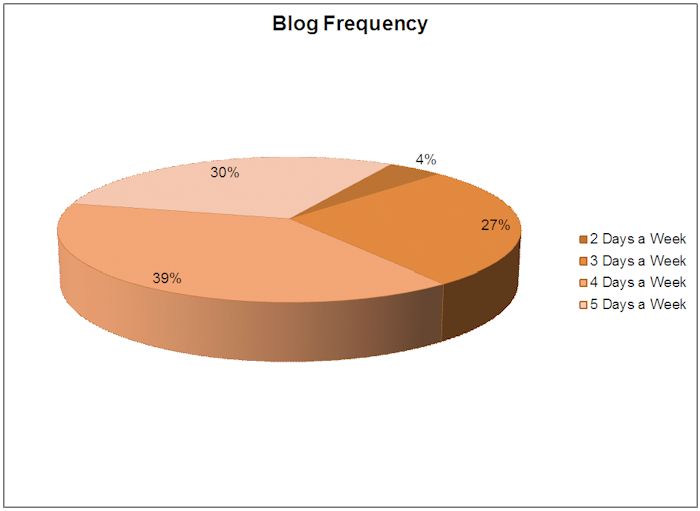I use every opportunity I can to track the change in how people read information. Some of this material is in articles, some comes from readers and friends, and some comes from just observing. For example, at one time people would grab a magazine from the rack at our doctor’s office. Now it’s quite likely that they’ll take out a Kindle or other reading device to view their favorite novel. Even at our library, I see people sitting in front of computers reading, rather than holding a book. Increasingly, I get questions from readers who use the e-book version of my books, instead of paper copies. Let’s just say that in the year and two months since I wrote The e-Book in Your Future, things have changed considerably. E-books are reducing the cost of reading material of every sort, especially technical books.
That’s the reason I’m a bit concerned about some of the things I read about our school system, especially when conversations with students tend to bear out the information I read. One ComputerWorld article in particular, “The e-book revolution is bypassing U.S. elementary schools” really grabbed my attention. The author, Joe Mohen, makes some astute comments about the benefits of using e-books in schools. As an author, I see significant benefits in using e-books, such as the ability to update the information as needed. Schools often struggle with outdated texts now due to a lack of funds, using e-books greatly reduces the cost of updates making it possible for schools to keep their texts updated.
More worrisome is the fact that most of our colleges still use paper texts. In talking with any number of students, I have yet to find any of them using more than one or two e-books for their classes. Given the high cost of education, it makes sense to reduce costs by providing students with materials in electronic format. A recent Forbes article, “Should College Students Be Forced To Buy E-Books?” makes a strong case for using e-books in colleges. The same article points out that only three percent of students currently use e-books for their education.
My interest in e-book technology isn’t just a passing fancy. Part of the reason I spend so much time delving into this issue is to discover how to serve you best. A large percentage of my readers are college students. What if my books were offered only in e-book format? Would you still buy them? For now, my books will continue to appear in both print and e-book format for the most part, but the time could come when I’m asked about how my readers would be affected if the publisher produced only e-books. To answer that question, I need your input. Let me know your thoughts about e-books, especially in the school environment, at [email protected].

